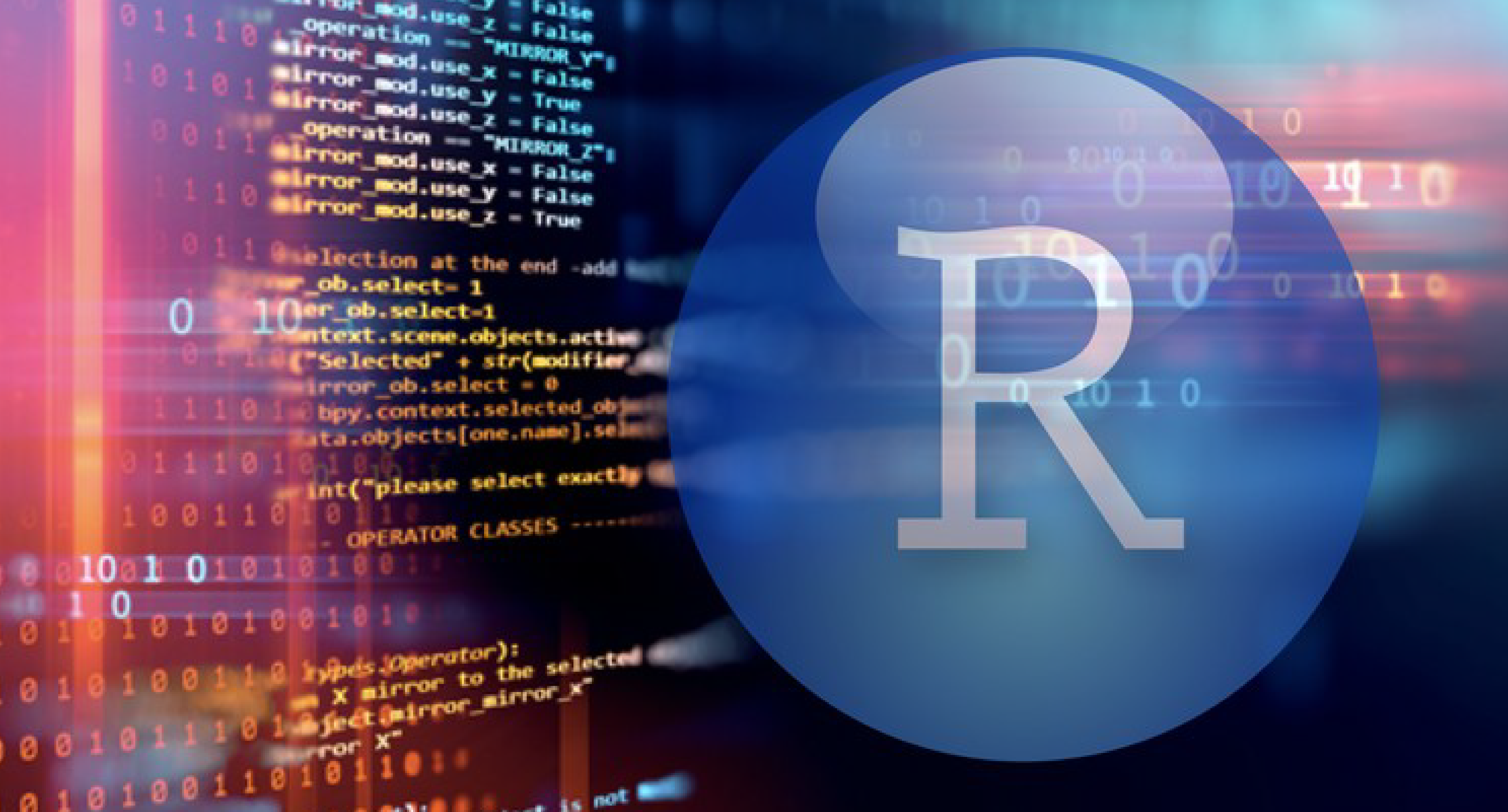
R Programming for Data Analytics
Course Description
We are seeking a motivated and talented intern to join our data analytics team. As an intern focusing on R programming for data analytics, you will have the opportunity to gain hands-on experience in leveraging R and statistical techniques to extract meaningful insights from various datasets. This internship offers a chance to work closely with experienced data analysts and professionals in a real-world business environment.
Responsibilities
- Data Preparation and Cleaning:
- Acquire, clean, and preprocess diverse datasets for analysis using R.
- Handle missing data, outliers, and data inconsistencies to ensure accurate analysis.
- Statistical Analysis:
- Apply statistical techniques to explore relationships, trends, and patterns within the data.
- Conduct hypothesis testing, regression analysis, and other relevant statistical methods.
- Data Visualization:
- Create informative and visually appealing data visualizations using R’s visualization libraries (ggplot2, lattice, etc.).
- Present data insights in a clear and concise manner to both technical and non-technical stakeholders.
- Predictive Modeling:
- Build predictive models using machine learning algorithms available in R (caret, randomForest, etc.).
- Evaluate and fine-tune model performance to achieve accurate predictions.
- Report Generation:
- Summarize analysis results and insights in comprehensive reports.
- Clearly communicate findings, recommendations, and limitations to team members and supervisors.
- Collaboration and Learning:
- Collaborate with fellow interns and team members to solve analytical challenges.
- Attend team meetings, workshops, and training sessions to enhance your technical and analytical skills.
- Data Ethics and Privacy:
- Ensure compliance with data protection and privacy regulations when handling sensitive data.
- Adhere to ethical guidelines while working with data and drawing conclusions.
- Documentation:
- Maintain well-organized code and documentation for analysis processes and techniques used.
- Create detailed documentation for your analyses, making it easy for others to understand and replicate your work.
Qualifications
- Currently pursuing or recently completed a degree in a relevant field (such as Data Science, Statistics, Computer Science, or a related discipline).
- Strong understanding of R programming language and its ecosystem for data analysis.
- Familiarity with statistical concepts and techniques.
- Experience with data manipulation, cleaning, and visualization in R.
- Basic knowledge of machine learning concepts is a plus.
- Excellent problem-solving skills and attention to detail.
- Effective communication skills to present findings to both technical and non-technical audiences.
- Ability to work collaboratively in a team environment.
Certification
Get industry-relevant certificates recognized by STED Council on successful completion of the course.
The curriculum is empty






